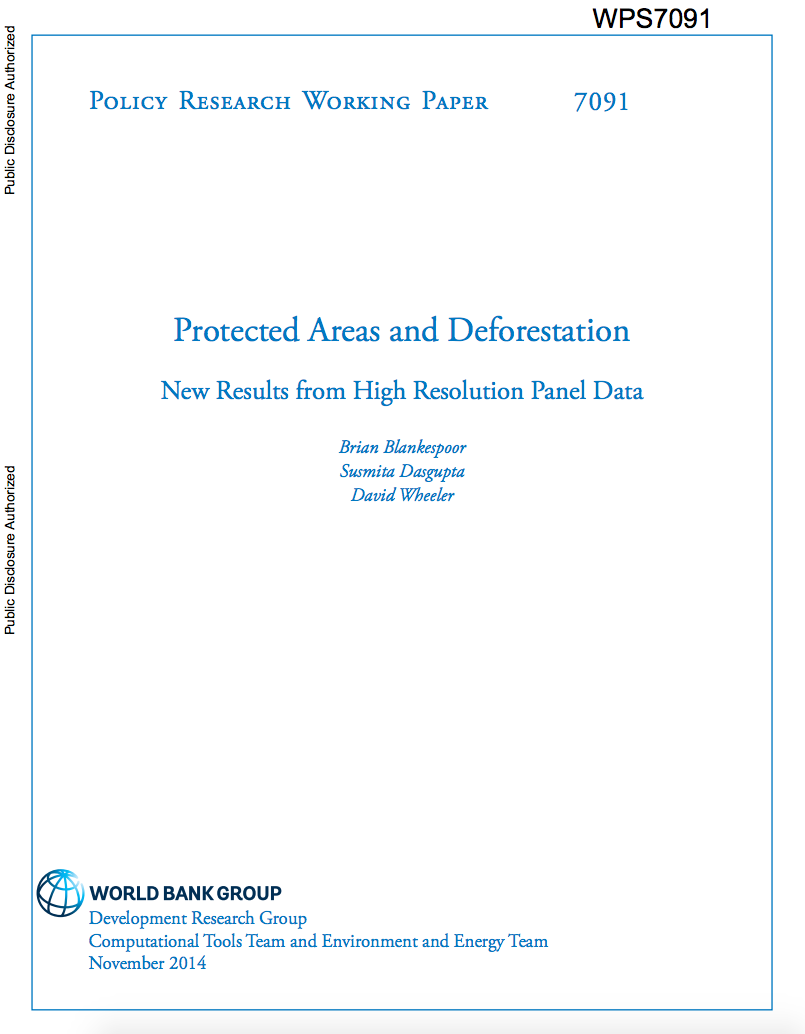Naturalitatea pădurii: concepte, caracteristici și implicații asupra conservării
The paper review the naturalness related concepts, with a special emphasis on forests, and also their implications on forest conservation. Beside naturalness, key aspects of wild(er)ness, ecosystem integrity, ecosystem health, forest quality and authenticity are disscussed. The main approaches on forest naturalness are presented, including the basic (minimum) naturalness requests, the shortcomings of associating high extreme naturalness levels (virgin, pristine) to forests, or the necessity to consider the temporal component of naturalness (e.g. the forest history).







